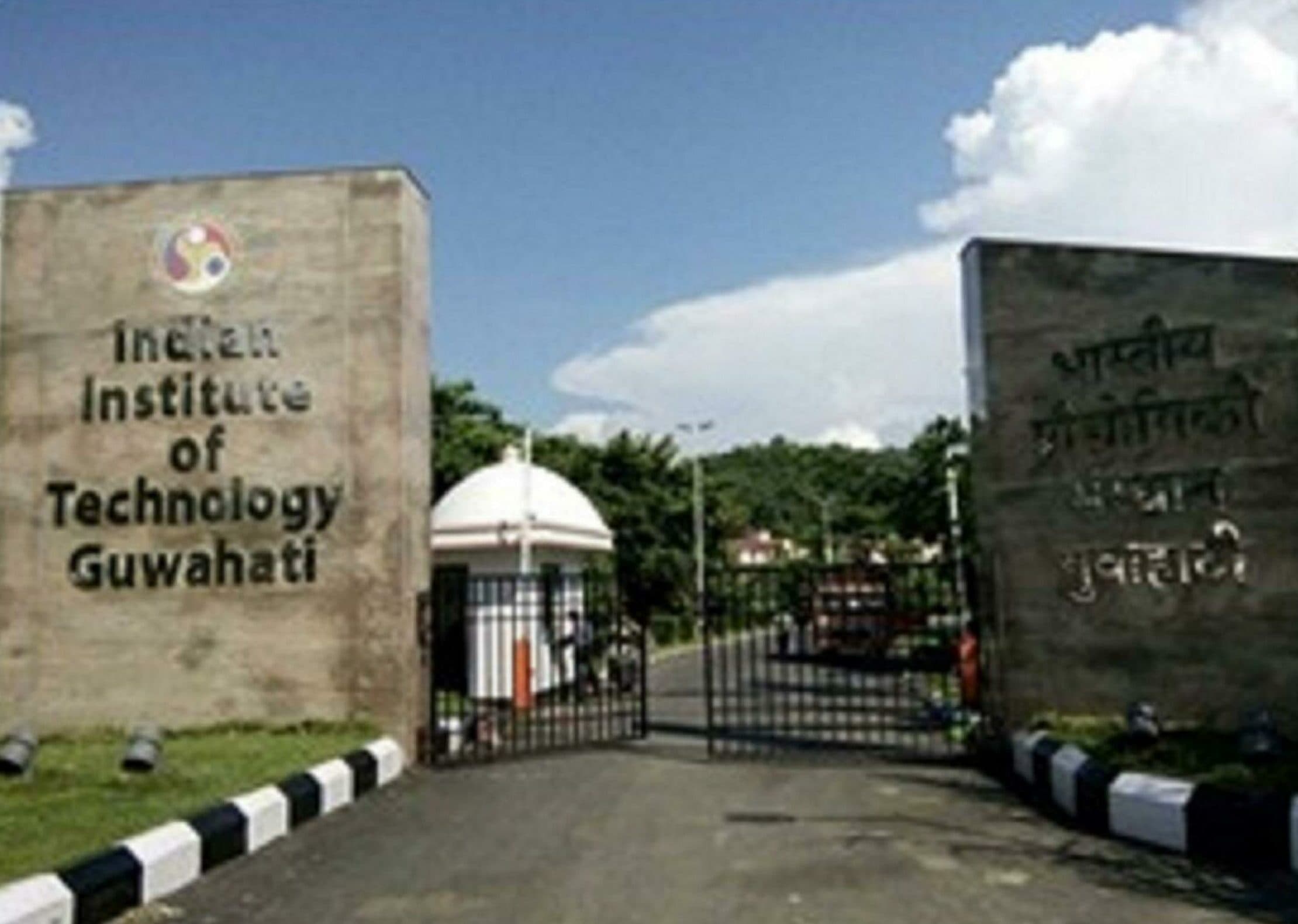Researchers of IIT Guwahati develop a great novel low cost INDCR

Researchers of IIT Guwahati developed a novel low cost Improved Natural Draft Charcoal Retort (INDCR) to address the technological and capital investment challenges of Indian charcoal makers.
NTPC
National Thermal Power Corporation (NTPC) Limited’s New initiative Wing for Waste to Energy Projects, organised an open competition ‘Green Charcoal Hackathon 2020, where researchers of IIT Guwahati presented the INDCR as participants.’

Read More – best colleges in kolkata

Charcoal is widely used as a fuel for domestic and industrial heating applications. While most of the developed countries are producing industrial charcoal through the retort system, it was not available for Indian charcoal producers because of technological barriers and the need for higher capital investment, say researchers of IIT Guwahati.
Researchers of IIT Guwahati
Dr. Arunkumar Chandrasekaran and Dr. Senthilmurugan Subbiah, Professors in the Department of Chemical Engineering, IIT Guwahati, who were the lead innovators of the INDCR system, have filed an Indian patent for the design of this innovative reactor.

The reactor’s technical detail and its performance have been published in the reputed peer-reviewed journal Energy & Fuels Journal, American Chemical Society, say researchers of IIT Guwahati.


This reactor is portable to agricultural fields, and it is proven to convert all the agricultural waste to charcoal without the noxious gas emissions, he said speaking about the work of researchers of IIT Guwahati.
Paramakudi
The developed charcoal retort reactor was installed and tested at Paramakudi, Ramanathapuram District, Tamil Nadu, with the fabrication help of M/s. Optima Heat Technologies, Paramakudi, Tamil Nadu.
The pilot-scale mobile charcoal production unit is 125 kg of input loading capacity with the two-phase mode of operation.
The demonstration of the whole research consumed two years with more than 60 field trials having been carried out to ensure consistent yield and quality of charcoal, say researchers of IIT Guwahati.


Biomasses
Researchers of IIT Guwahati have chosen various biomasses such as Prosopis juliflora, Casuarina equisetifolia, Bambusoideae, Biomass briquettes, Wood pellets and Refuse-Derived Fuel (RDF) briquettes from Municipal Solid Waste (MSW) as the input feedstock for charcoal making process.
The definition of good quality charcoal depends on its end-user. Hence, the retort reactor has been developed to be capable of producing charcoal in higher mass yield (34%-42%), versatile quality of fixed carbon (76%-88%), higher energy content (6400-7200 kcal/kg), minimal noxious emission (2.65 kg of CO2/kg of charcoal) and lesser carbonization time (4 hours), say researchers of IIT Guwahati.

Upon attainment of 270°C and upward, the volatile gases produced in the wood chamber, which are mainly low molecular weight organic volatile compounds are redirected back into the combustion chamber for complete burnout and liberated as complete combustion products, say researchers of IIT Guwahati.
Retort System
The retort system operates in an environmentally friendly way with very low emissions of Carbon Monoxide, Carbon Dioxide, Hydrocarbons, and particulate matter, say researchers of IIT Guwahati.
Further, the charcoal produced from the retort reactor was used as a fuel in barbeque & blast furnace heating applications and as a sorbent in pharmaceutical wastewater treatment, say researchers at IIT Guwahati.

S Vishnu Sharmaa now works with collegechalo.com in the news team. His work involves writing articles related to the education sector in India with a keen focus on higher education issues. Journalism has always been a passion for him. He has more than 10 years of enriching experience with various media organizations like Eenadu, Webdunia, News Today, Infodea. He also has a strong interest in writing about defence and railway related issues.






